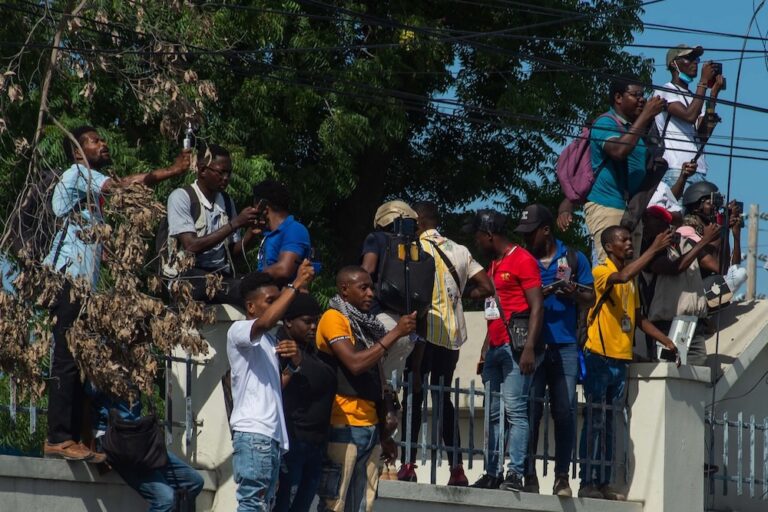The guide outlines a number of crucial steps to standardise monitoring, investigating, analysing and documenting free expression violations in the region.
(IFEX-ALC/IFEX) – 10 November 2010 – Have you thought about how you can increase the effectiveness of reporting free expression violations?
Members of the IFEX-ALC asked themselves this very question and to this end they have just released the guide “Best practices for monitoring and documenting attacks on free expression in Latin America and the Caribbean”.
The guide elaborates the crucial steps to standardise monitoring, investigating, analysing and documenting free expression violations in the region. It contains specific sections on identifying an attack, determining the freedom of expression link, interviewing the victim and their colleagues and family to verify the motive and deciding if an alert will be issued and followed up. Each section provides tips and advice as well as important factors to keep in mind along each step of the way.
“Best practices” is the result of an extensive process of primary document reviews, interviews and discussions with more than 20 journalists’ groups, free expression organisations and inter-governmental human rights groups.
IFEX-ALC feels the guide is essential to systematise the way free expression violations are reported. This standardisation provides the basis for issuing alerts or special reports, going on fact-finding missions, special communiqués and denunciations of abuses and could be used to make a series of recommendations and conclusions on free expression in the region. It helps open dialogue with governments and other relevant actors in an effort to improve the impact in the promotion and defence of the right to freedom of expression.
The development of “Best Practices” has also contributed to enhancing learning and collaboration amongst the members of the IFEX-ALC. “The document has improved collaboration among all the IFEX-ALC members and provides a solid foundation to continue improving this work as well as develop new joint initiatives,” says Brisa Maya, director of Centro Nacional de Comunicación Social (CENCOS), who led the process.
“It has also had a positive impact on our regular activities and broadened the approach to our work,” she added.
IFEX-ALC is an alliance of 17 IFEX members in Latin America and the Caribbean who have been independently monitoring and reporting on freedom of expression violations at the national and regional level – many of them for over a decade.


